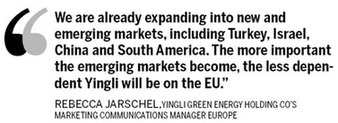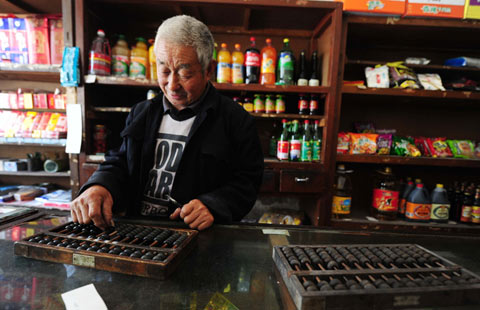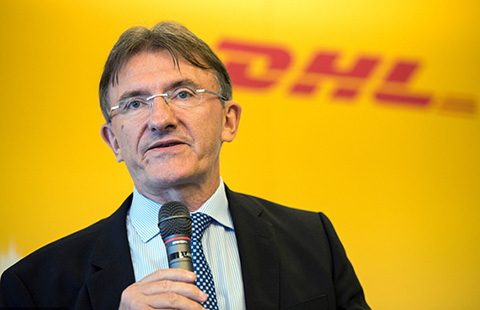Yingli hopes sun shines on market shift
A report released by the National Energy Administration in September said it expected China itself to expand its installed solar power generation capacity to 21 gW, or 21 million kilowatts, by 2015 - a five-fold increase from 3.6 million kW at the end of 2011.
To boost the country's struggling photovoltaic industry, Beijing said in December it will accelerate support for the sector, as well as encourage mergers and restructuring among manufacturers to help cut overcapacity.
More than 2.8 gW of solar capacity will be installed across the country under the next batch of the government's "Golden Sun Program", and it will provide another 7 billion yuan ($1.12 billion) in subsidies to domestic solar PV pilot projects, officials have said.
Yingli's latest financial report showed home orders accounted for 28 percent of total revenues in the third quarter, up from 14 percent on the second quarter.
|
 |
But Western competitors are also expected to accelerate their expansions into China.
In December, for instance, SMA Solar Technology AG, Germany's biggest solar company, bought a majority 72.5 percent stake in Jiangsu Zeversolar New Energy Co.
Pierre Pascal Urbon, CEO of SMA Solar, called it an essential move to gain access to the Chinese market, as developed markets decline, and predicted China will become the world's biggest market for the technology.
Rebecca Jarschel said her company expects competition in China to intensify.
"Many of our European counterparts have become involved in helping the Chinese develop their expertise," she said.
IMS Research, a leading supplier of market research for the electronics industry, has predicted that Africa, too, will expand its installed solar power capacity by as much as eightfold between now and 2017.
And NPD Solarbuzz, considered the leading consultancy in the photovoltaic industry, recently predicted that Latin America and the Caribbean will see explosive growth in solar power demand, by as much as 45 percent annually over the next five years.
Yingli has been quick to capitalize on that potential, already signing a sponsorship agreement for the football World Cup in Brazil in 2014, after successfully introducing the first Chinese commercial display during the 2010 World Cup in South Africa.
Late last year it signed a cooperative agreement with the largest PV power station in Peru.
But there are also limitations in emerging markets, experts have warned.
In China itself, for example, it is seen as technically difficult to integrate PV technology into the country's power transmission network, run by the State Grid Corp of China.
Despite the economic and regulatory hurdles facing it in Europe, Jarschel said Yingli is still expanding in the region, its largest market, although the pace has slowed.
Business there is expected to account for just 45 percent of revenues this year, down 25 percent, according to recent media reports quoting Miao Liansheng.
"We are still firmly in the European market, and we are still hiring people, with new teams and offices opening up", particularly in eastern Europe, notably Poland, added Jarschel.
Read more in


















